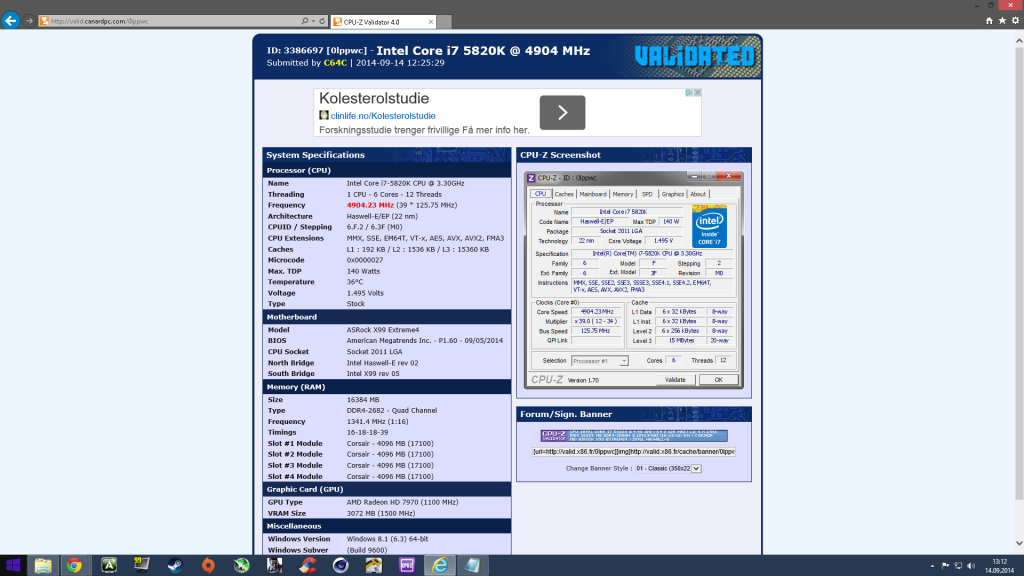sblantipodi
2[H]4U
- Joined
- Aug 29, 2010
- Messages
- 3,765
Coming from an extremely long-in-the-tooth x58 setup, I'm really torn between Haswell-E and Devil's Canyon chips. I do some occasional work in Lightroom, but 99% of my PC time is gaming so it seems like the premium on the Haswell-E isn't worth it for me. At the same time, the feature set is much richer on the x99 boards and DDR4 is the way of the future.... decisions decisions...
imho there isn't a single reason to choose DC now, at least if you don't care paying some dollars more for DDR4.
![[H]ard|Forum](/styles/hardforum/xenforo/logo_dark.png)
